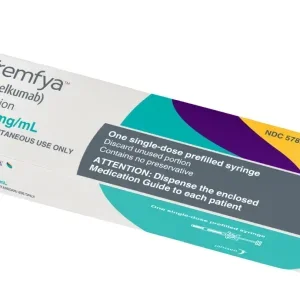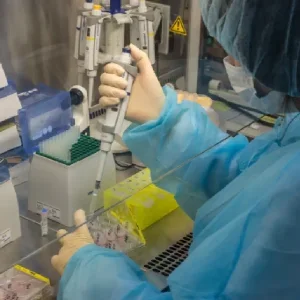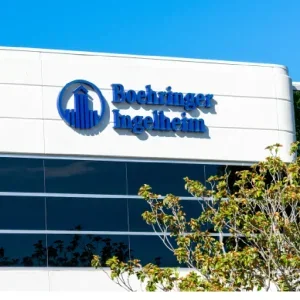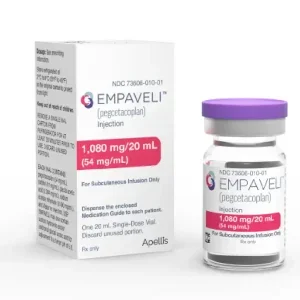
Eli Lilly and Company (Lilly) has unveiled detailed results from the Phase 2 SYNERGY-NASH study of its antidiabetic medication tirzepatide in patients with metabolic dysfunction-associated steatohepatitis (MASH) and stage 2 or 3 fibrosis.
SYNERGY-NASH was a multicenter, double-blind, randomized, placebo-controlled phase 2 study designed to evaluate the efficacy and safety of tirzepatide in adults at various doses.
The trial randomised 190 MASH patients to receive tirzepatide 5mg, 10mg, 15mg or placebo, administered subcutaneously once weekly for 52 weeks.
The primary met the endpoint of MASH resolution without worsening of fibrosis at 52 weeks. Secondary endpoints included fibrosis improvement without worsening of MASH.
In the study, 51.8%, 62.8% and 73.3% of participants taking 5mg, 10mg and 15mg Tirzepatide, respectively, achieved an absence of MASH with no worsening compared to 13.2% on placebo.
Also, the efficacy estimand showed 59.1%, 53.3% and 54.2% of participants taking 5mg, 10mg and 15mg, respectively, achieved a 1-stage or higher fibrosis improvement without worsening of MASH, compared to 32.8% of participants on placebo, the secondary endpoint.
Based on the evaluation of additional secondary endpoints, tirzepatide was shown to improve body weight, blood markers of liver injury, and biomarkers of liver fat, inflammation, and fibrosis.
The Phase 2 study results showed that its tirzepatide had the potential for a clinically meaningful treatment effect across all doses, said the US drugmaker.
Lilly product development senior vice president Jeff Emmick said: “Lilly is very pleased with the degree of MASH resolution observed in the SYNERGY-NASH study, and we are encouraged by the improvement of fibrosis observed.
“MASH is expected to impact more than 19 million adults in the US by 20392 and based on the study results, we believe tirzepatide may have the potential to help people living with this disease.”
Tirzepatide is a glucose-dependent insulinotropic polypeptide (GIP) receptor and glucagon-like peptide-1 (GLP-1) receptor agonist, shown to decrease food intake and modulate fat utilization.
GIP and GLP-1 are natural incretin hormones and are receptors found in areas of the human brain important for appetite regulation.
In May 2022, Tirzepatide was approved by the FDA as Mounjaro for adults with type 2 diabetes to improve glycemic control, and as Zepbound for adults with obesity, in November last year.
Both Mounjaro and Zepbound are indicated for use as an adjunct to diet and exercise.
In the study, Tirzepatide showed an overall safety profile which was similar to that observed in the previously reported SURMOUNT and SURPASS trials.
The most common adverse events in the study include nausea, diarrhoea, decreased appetite, constipation and weight loss, which were generally mild to moderate in severity.
University of California San Diego School of Medicine gastroenterology and hepatology division chief Rohit Loomba said: “MASH is the second most common contributor to liver transplantation in the US, highlighting the need for novel therapies. “The study is significant, given the urgent need for treatment options that are capable of slowing the progression of the disease and potentially reducing serious health complications.”






